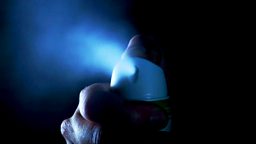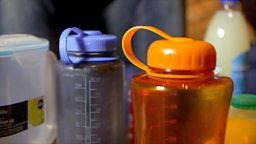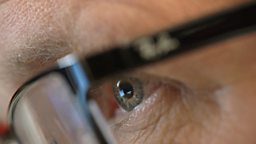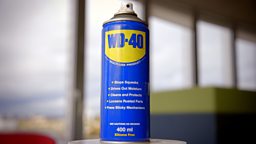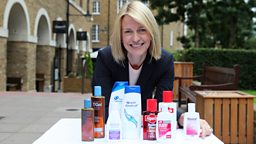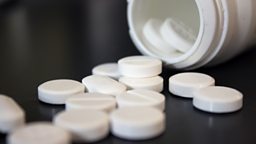How do I treat a mouth ulcer?
Common mouth ulcers, known as aphthous ulcers or canker sores, can bother us all. They’re normally only about 2-3mm in size but can be surprisingly painful. They occur when a patch of the surface lining of skin in the mouth disintegrates leaving a crater where pain sensors are more exposed, however knowledge about why they develop is limited.

Some ulcers happen when we accidently bite the inside of our cheek but others seem to appear from nowhere and keep on coming back. In some cases these recurrent ulcers could be linked to a genetic predisposition but it could also be that some overactivity of the immune system plays a part. There is also strong anecdotal evidence suggesting that for some people recurrent mouth ulcers are linked to stress.
So what can we do about them? Well there are various things we can try which can help alleviate the pain. These include over the counter treatments in the form of gels, mouthwashes and sprays containing ingredients like salicylate, lidocaine or benzadymine hydrocholoride which can help to reduce the soreness.
There are also a few home remedies which, it’s claimed, can provide similar relief. These include chilli, a counter-irritant that might help distract from the pain, and peppermint and eucalyptus which are natural pain killers, through stimulating the ‘cold’ sensors. But while some people swear by them, these remedies haven’t been scientifically tested and if they cause further discomfort it’s best not to persist with them.
As well as finding ways to relieve the soreness, there are also things we can do to help ulcers heal. One tactic is to try swishing your mouth with warm salt water to help keep bacteria at bay and you could also try adding bicarbonate of soda – an alkali that bacteria don’t like. There are also more heavy duty medical treatments available, such as corticosteroids, that can cause ulcers to heal more quickly. These come in different preparations so you should ask your GP or a dentist which ones are safe to use.
Fortunately, most mouth ulcers should heal by themselves within a week, but if you have a persistent mouth ulcer that lasts more than 2-3 weeks or one that’s bigger than a centimetre you should consult a doctor or a dentist because a non-healing ulcer could be a sign of a more serious medical condition and in some cases could be a sign of cancer.
